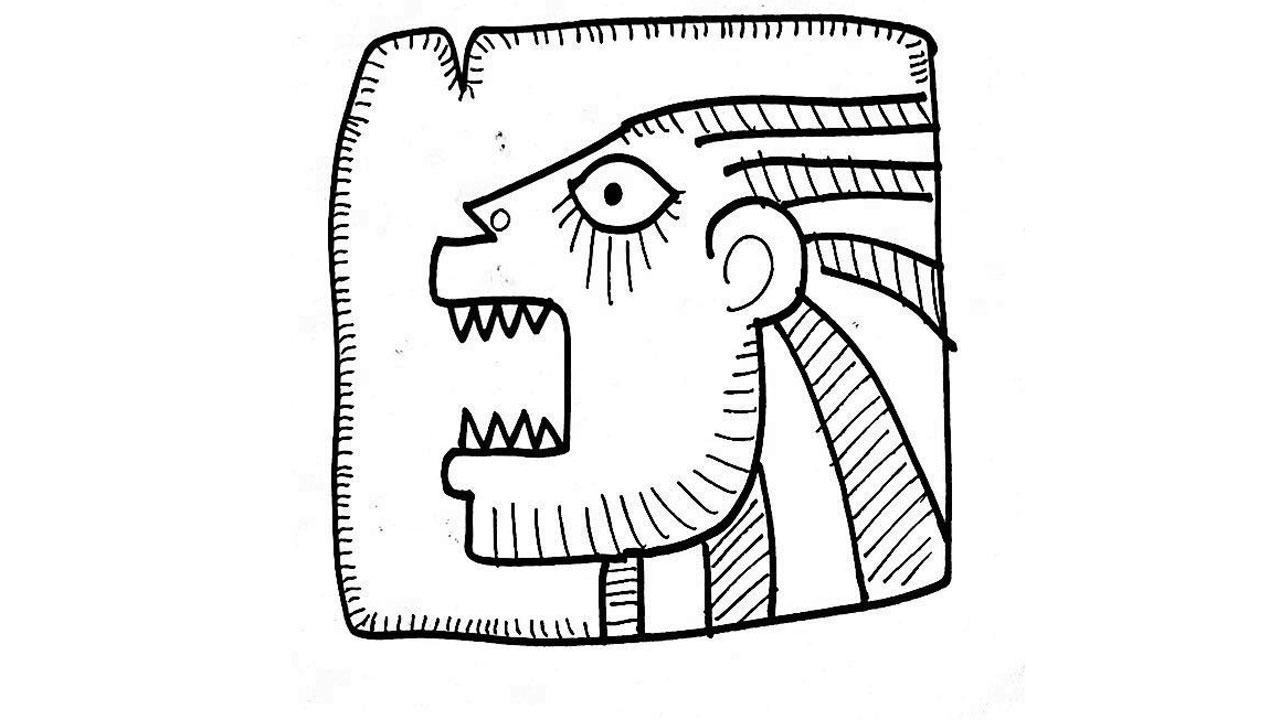A new word that was created to meet the new requirements of modern times. The word was invented by Savarkar.

Illustration/Devdutt Pattanaik
 In Mumbai, there is a circle called Hutatma chowk. Most people do not know what it means. Many people assume it is the name of a person. However, it is a newly crafted Hindi/Sanskrit word for martyr. It is a neologism. A new word that was created to meet the new requirements of modern times. The word was invented by Savarkar.
In Mumbai, there is a circle called Hutatma chowk. Most people do not know what it means. Many people assume it is the name of a person. However, it is a newly crafted Hindi/Sanskrit word for martyr. It is a neologism. A new word that was created to meet the new requirements of modern times. The word was invented by Savarkar.
We are so spellbound by the Savarkar-Gandhi rivalry, the Veer-Mahatma competition, the violent/non-violent politics, we ignore the role played by Savarkar in creating new words for a new India, for he was part of the Hindi/Urdu debate, and he wanted Hindu India to have Hindu words. Afterall words create worlds. So, some of the words he invented, which we still use today are:
>> Door-darshan for television
>> Akash-wani for radio
>> Door-dhwani for telephone
>> Vigyapan for advertisement.
>> Sampadak for editor
>> Dinank for date
>> Saptahik for weekly
>> Mahapaur for mayor
>> Mahapalika for municipality
>> Dig-darshak for director
Not all words he invented are used. For example, “bol-pat” for talkies as opposed to “chitra-pat” for movies. Some are used in Marathi only. Others only in Hindi. While the word ‘Hindutva’ is attributed to him, it originated in Bengal in the late 19th century. That was an invention of Chandranath Basu.
The word “Shaheed” or martyr is a word with Muslim-Christian roots. He is one who dies defending the idea of God. The concept of martyr doesn’t exist in Hinduism which is based on rebirth, an idea that does not need defence. Traditionally, the word “vir” was used for brave heroes. A “maha-vira” was a word used for an ascetic. One conquers or overpowers the mind of one who is brave enough to deal with the inner demons. For a patriot who dies while fighting for the cause of the nation, India had no word. Muslim soldiers introduced the idea of shaheed, mixing religion with patriotism. Savarkar, who had little love for all things Persian and Arabic, created a new word for Hindus therefore, Hutatma, from huta (sacrifice) and atma (soul).
In Hinduism there are words like paap and punya. The word paap is translated as sin, but sin is again a Christian concept and there is no English equivalent to the opposite of sin. So, what does punya actually mean? Words punya and paap come from a Hindu framework which is an accounting framework and deals with the accumulation of debit and credit. When you earn credit by generosity, it is punya, when you accumulate debit by consumption, it is paap. When you have no debit or credit it is moksha. These are completely ideas that are alien and cannot be translated in English.
Shakespeare invented nearly 1,000 words that we still use today (bedroom, critic, gossip, kissing, for example). Today we use words like software and hardware, which are new words to address new technology. We do not have any Hindi words for this and we accept it as normal. It has become part of modern language. Perhaps if Savarkar was alive, we would have come up with new words for software, hardware, computer, to prevent English words from “colonising” our mind.
The author writes and lectures on the relevance of mythology in modern times. Reach him at devdutt.pattanaik@mid-day.com
 Subscribe today by clicking the link and stay updated with the latest news!" Click here!
Subscribe today by clicking the link and stay updated with the latest news!" Click here!








